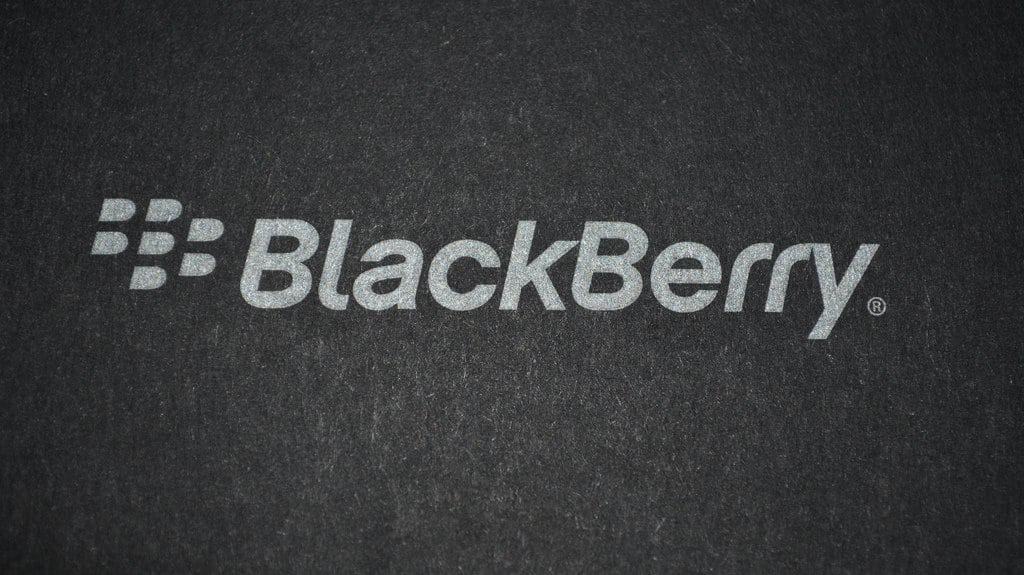If you hadn’t noticed yet, BlackBerry Ltd. (TSX:BB)(NYSE:BB) doesn’t make smartphones anymore. It has lost the battle against giants like Apple Inc. and Samsung.
When John Chen became BlackBerry’s CEO in 2013, he sought to transform the company from that of a a smartphone hardware company to a software and services company.
It appears that the transformation is going well. BlackBerry is focused on providing software and services, particularly for the driverless car and security markets. Its QNX software is present in over 120 million cars worldwide, up from 60 million three years ago.
BlackBerry has partnered with Bullitt Group to have its cybersecurity technology used in Cat and Land Rover durable phones.
Margins are improving: gross margins were 76% in the last quarter, compared to 67% a year ago and 53% two years ago. Operating margins are also improving, and BlackBerry is finally making profits: it has reported nine consecutive quarters with positive non-GAAP operating profits.
The software company posted adjusted earnings of US$0.03 per share and revenue of US$213 million in fiscal 2019 first quarter. The 9% drop in revenue disappointed investors, who sent the shares 11.5% lower on June 22, the day of the result’s release. Shares are down 16% over one month.
Even with the drop in revenue, the results still exceeded analysts’ expectations, who expected that BlackBerry would just reach the profitability threshold and earn revenue of US$208 million for the quarter ended May 31. This quarter marks the 15th straight quarter in which BlackBerry beat adjusted profit estimates.
In the first quarter, the company posted a net loss of US$60 million, or US$0.11 per share, compared to a profit of US$671 million, or US$1.23 per share in the same period last year.
BlackBerry explained that this result included a charge of US$28 million related to an adjustment to the value of its debt and another amortization expense of US$22 million.
Revenues from software and other services were US$193 million, up 14% from the first quarter in 2017.
But growth from software and services is expected to decelerate. This year, growth is projected to be just 8-10%. This slowing growth is due to the company switching to a subscription-based model. BlackBerry will no longer be selling its software and services on perpetual licensing basis and will have to convince companies to agree to subscription.
Should you buy BlackBerry stock?
BlackBerry is a stock that is out of favour and thus a contrarian play. Sometimes it can pays off to bet on this kind of stock.
But still, I wouldn’t bet on BlackBerry given that the stock is too expensive. Its forward P/E is 102, which is very high and much higher than its five-year average of 25.
Regarding BlackBerry’s earnings growth outlook, things aren’t any better. Indeed, earnings are expected to decelerate by 17.4% per year on average during the next five years. Slowing growth will surely pull the stock lower.
BlackBerry’s turnaround from being a smartphone hardware company to a software and services company was a good move, but given the earnings growth, the stock’s valuation is just too hefty to make BlackBerry a buy.







